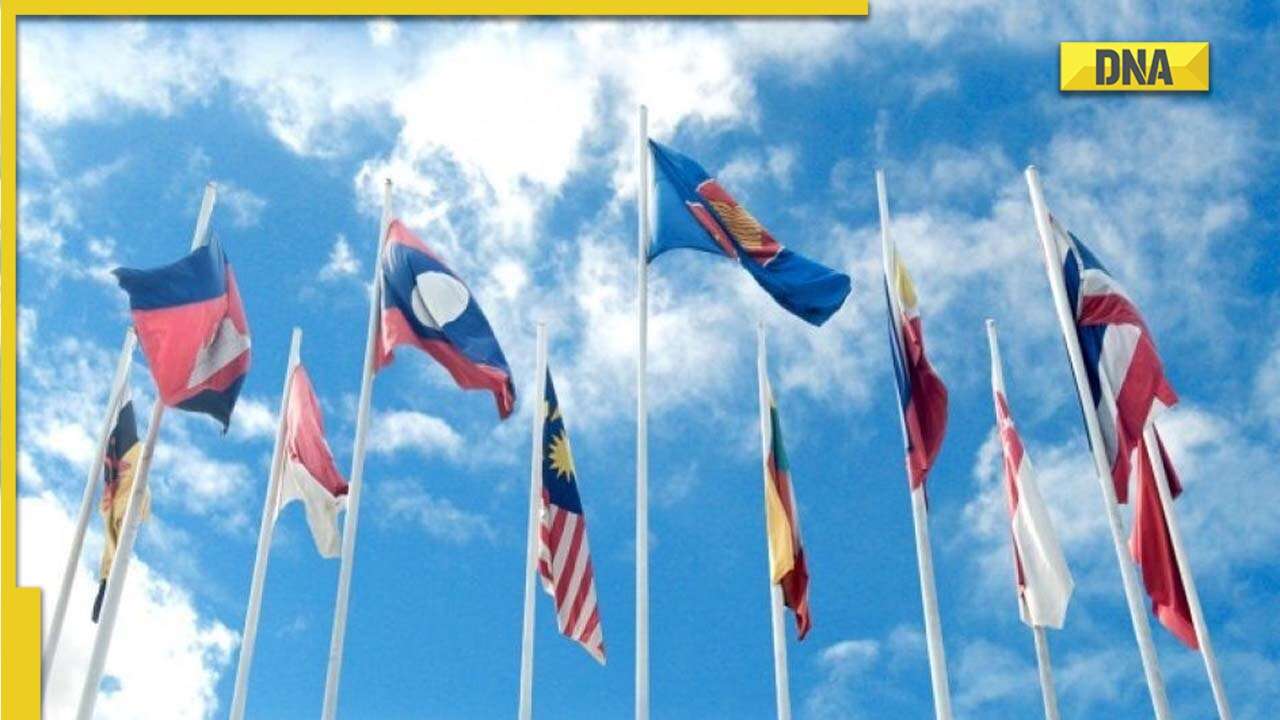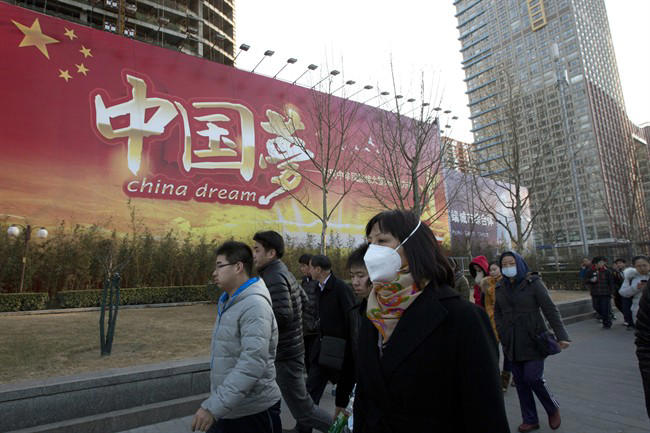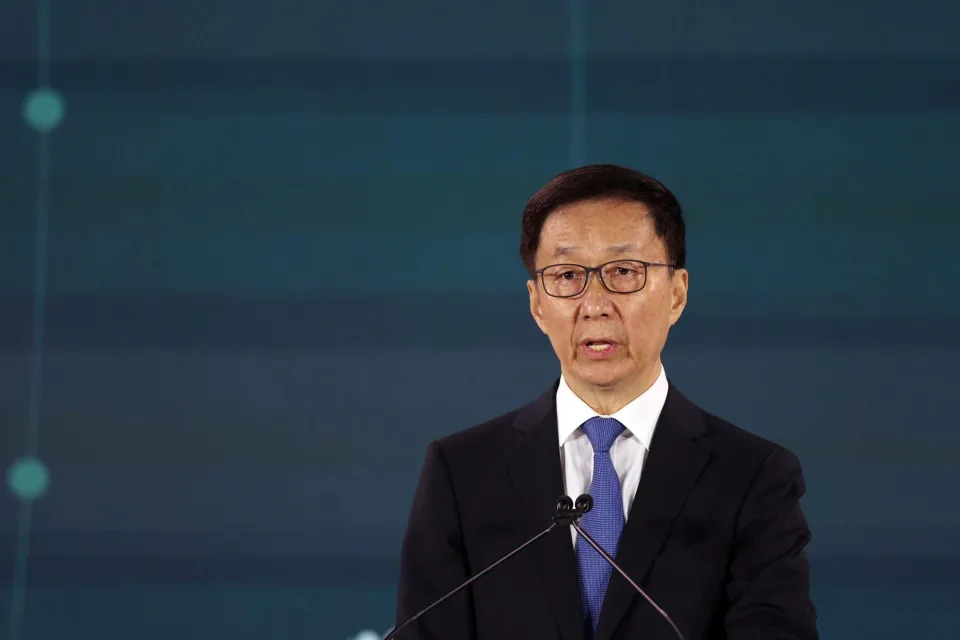Looking at ASEAN only in context of US-China relations a mistake
Several ASEAN countries will be growing faster than China for the first time in over three decades, according to the Asian Development Bank.

Association of Southeast Asian Nations (ASEAN) member states have, in recent years, repeatedly expressed their concern regarding the insular economic policies of the US, as well as the downward slope in China-US ties ever since the ‘trade war’ between both countries began in 2018.
The US withdrawal from the Trans-Pacific Partnership (TPP) in 2017, and the deterioration in ties between Beijing and Washington after the imposition of tariffs by former US President Donald Trump were viewed with great concern by the ASEAN region. Several ASEAN countries have underscored the point that they have close economic ties with China and good relations with the US, and thus, would not want to take sides in case of a conflict between the two.
Indonesia, which also recently hosted the G20 Summit 2022 in Bali, reiterated the same point. “ASEAN must become a peaceful region, and an anchor for global stability, consistently uphold international law and not be a proxy to any powers,” Indonesian President Joko Widodo said while addressing the ASEAN Summit.
While Indonesia has been critical of the Russian invasion of Ukraine, it has refused to provide arms to Ukraine. Joko Widodo had visited both Russia and Ukraine in June 2022 and offered to mediate, saying that Indonesia was prepared to bridge ‘Russia-Ukraine communications’.
Over the past few years ASEAN was viewed from the prism of China-US relations by many commentators. But in recent days, it has been witness to three important events; ASEAN Summit (Phnom Penh), G20 Summit (Bali, Indonesia) and Asia Pacific Economic Cooperation (APEC) Summit (Bangkok).
While the G20 Summit was witness to a meeting on the side lines between the US President, Joe Biden and Chinese President, Xi Jinping, the APEC Summit witnessed an exchange between Chinese President, Xi Jinping and US Vice President, Kamala Harris. There is no doubt that differences between both countries persist on crucial issues – such as Taiwan -- both sides agreed that they needed to resume engagement and work on crucial issues – such as climate change.
“I noted a key message that President Biden emphasised in his November 14 meeting with President Xi: we must maintain open lines of communication to responsibly manage the competition between our countries,” Kamala Harris had stated in a tweet.
Apart from the above, the US reiterated the importance of ASEAN especially in the context of its Indo-Pacific strategy. Both Biden and Kamala Harris also referred to the importance of ASEAN in the Indo-Pacific strategy. Biden said that ASEAN is at the heart of his ‘..administration’s Indo-Pacific strategy’. The US emphasis on ASEAN’s geopolitical importance was relevant because apart from US’ withdrawal from TPP, there has been a perception that the US has not been paying much attention to the ASEAN region --- even though the Biden administration has tried to dispel this notion (apart from visiting Thailand for the APEC Summit, US Vice President Kamala Harris also visited Philippines).
In spite of internal problems and differences and excessive bureaucracy within ASEAN grouping which according to many analysts has hampered decision making, recent events have reiterated its geopolitical importance. Interestingly, for the first time in over three decades, several ASEAN countries will be growing faster than China, according to the Asian Development Bank (ADB).
In conclusion, while ASEAN has been afflicted by numerous problems, recent events are important not just in terms of symbolism, but highlight the geopolitical and economic significance of the region. It would thus be a mistake to look at ASEAN only in the context of US-China relations.
The author, Tridivesh Singh Maini, is a New Delhi-based policy analyst associated with the OP Jindal Global University, Sonipat











.jpg?ext=.jpg) The signing of the agreement between USNC and Meralco (Image: USNC)
The signing of the agreement between USNC and Meralco (Image: USNC)